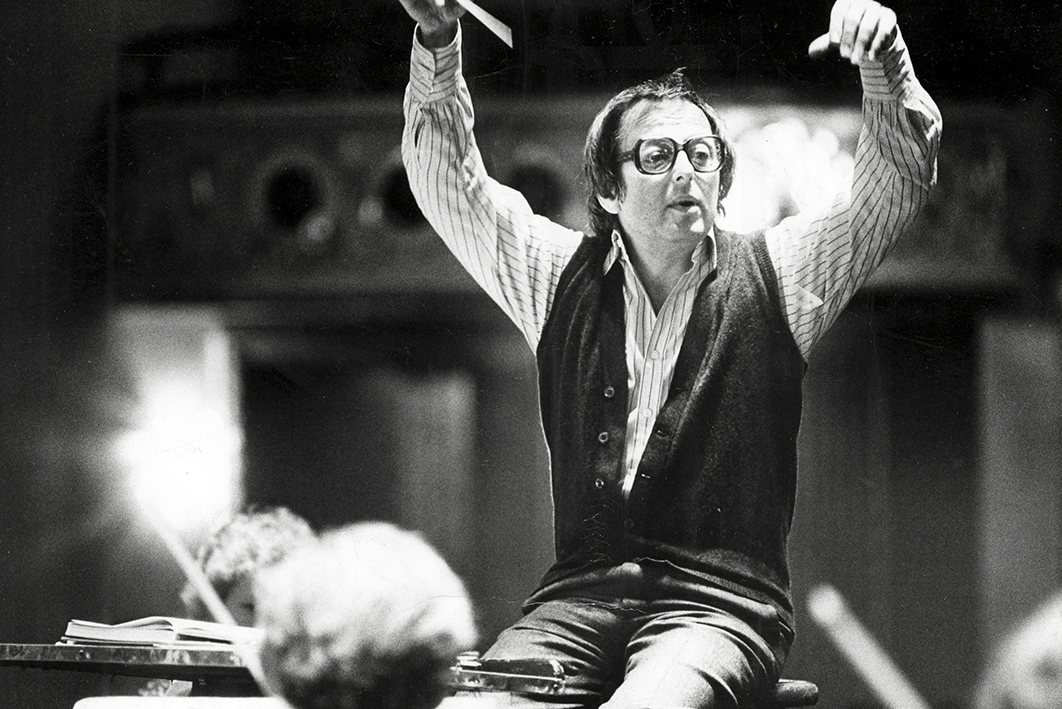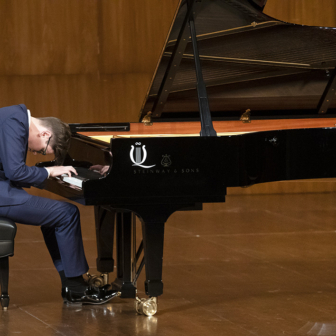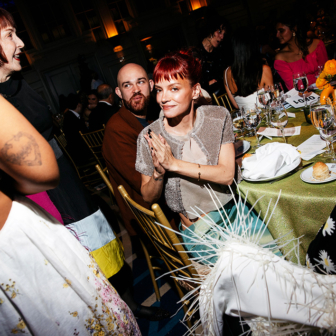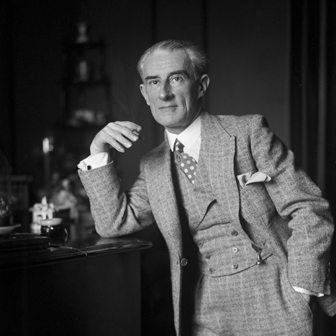André Previn was perhaps the ultimate musical polymath, though this didn’t always work in his favour. He once remarked ruefully that in his adoptive England his previous life in the movies and his work as a jazz pianist meant he was never taken entirely seriously as a classical musician, while in America his jazz credentials were undermined by his conducting Brahms. There was something to this, but in truth nearly everything Previn did he did rather well.
He was born Andreas Ludwig Priwin in Berlin in 1929, studying at the conservatory there from the age of six until, three years later, he was expelled for being Jewish. In 1939, at a moment’s notice, the family fled Berlin for Paris, leaving everything behind. Their final destination was Los Angeles, where the boy completed his schooling at Beverly Hills High and even before graduating found himself writing arrangements for MGM. By the age of twenty, he had composed his first film score for a Lassie feature, The Sun Comes Up, starring Jeanette MacDonald. He had also changed the spelling of his name from Priwin to Previn because, he would later say, he didn’t want to go through life being called “Mr Prune.” (In fact his father’s cousin Charles, who was head of music at Universal, was already a Previn.)
In postwar Hollywood you learnt to be professional, and you learnt standards. Those sniffy British critics perhaps forgot that many of the best musicians in America worked in Hollywood’s studio orchestras, and many of them, like Previn, were European émigrés. For example, the members of one of the mid twentieth century’s greatest classical ensembles — the Hollywood String Quartet — had day jobs recording film scores for 20th Century Fox and Warner Bros.
Previn’s Hollywood career was stupendously successful. By the age of thirty-five he had received Academy Awards as arranger and music director for Gigi, Porgy and Bess, Irma la Douce and My Fair Lady. That’s when he walked away from it, though rather more gradually than he sometimes claimed. He received his last Oscar nomination as late as 1974. (Previn’s memoir of his Hollywood years, No Minor Chords, is worth reading and very funny.)
All this time, Previn had had a second life as a jazz pianist, and a fine one too. He made a lot of recordings in the 1950s and 60s, both as leader and sideman, and among his best were discs that reimagined the songs of Broadway hits such as Pal Joey, Gigi, West Side Story and (with Shelly Manne) My Fair Lady — this was in 1956, eight years before Previn arranged and conducted that musical for Hollywood. The expressive range of his keyboard touch is evident on these recordings, and it’s allied to a rhythmic precision that makes them thrilling still.
But classical music was coming for Previn. Jazz, like movie music, was slowly put away — at least until the 1990s, when he began making jazz records once more. Even so, in 1996, when he appeared as the “castaway” on BBC radio’s long-running Desert Island Discs, Previn chose no jazz at all. Jazz, he said, excited and moved him as much as ever, but he had taken the program’s basic conceit to heart and concluded that, if he were to be marooned for the rest of his days, he would want to hear compositions, not improvisations.
As a classical pianist and orchestral conductor, Previn exhibited many of the same qualities found in his jazz, and for the next fifty years these endeared him to some of the world’s great orchestras, not least the Vienna Philharmonic. The variety of his touch at the keyboard, for example, was eminently suited to Mozart — both in the concertos and the chamber music — and also Brahms. And on the podium he excelled in repertoire with a rhythmic spring in its step — Mendelssohn’s Italian symphony, Tippett’s Double Concerto, Prokofiev, Shostakovich. He was also especially convincing in the music of Rachmaninov and Vaughan Williams, discovering a profound melancholy in the slow movements of their symphonies (Rachmaninov’s second, in particular, and Vaughan Williams’s fifth). The recordings of these composers’ work he made with the London Symphony Orchestra have hardly been bettered.
Above all, perhaps, he found in William Walton a composer who brought together all these qualities: a heart-on-the-sleeve emotion, achieved through richly chromatic harmonic writing, and a rhythmic drive and delight in syncopation that no one has ever delivered as well as Previn.
In 1968, Previn succeeded his conducting teacher, Pierre Monteux, as conductor of the London Symphony Orchestra, and the following decade brought him his greatest fame. With his third wife, Mia Farrow, he was a good fit for the fading years of Swinging London, and he quickly became a TV star, going on to host three seasons of a prime-time BBC show, André Previn’s Music Night, with the orchestra in the studio. For a while, he was Britain’s Bernstein, and someone calculated that, in a single program, Previn and the orchestra must have reached an audience equivalent to sixty-five years of LSO concerts.
As a composer, Previn was less successful. It’s interesting that his two late operas, A Streetcar Named Desire and Brief Encounter, both instantly conjure famous films, the latter with a Rachmaninov piano concerto running through it. Much of the music Previn imagined for his operas was too reliant on film cliché. One small example: in the famous “Stella!” scene in Previn’s Streetcar, Stella comes to the window in response to Stanley’s cries, and the composer wheels out a bluesy saxophone solo.
And yet, in smaller structures requiring a lyrical response, he could deliver. There is, for instance, plenty to cringe about in the Guitar Concerto he wrote in 1971 for John Williams — not least noisy outbursts from electric guitar and rock drums in the final movement. But the slow movement is a beautiful thing, simple, tuneful and, especially in the week of Previn’s death, exceedingly poignant. •




